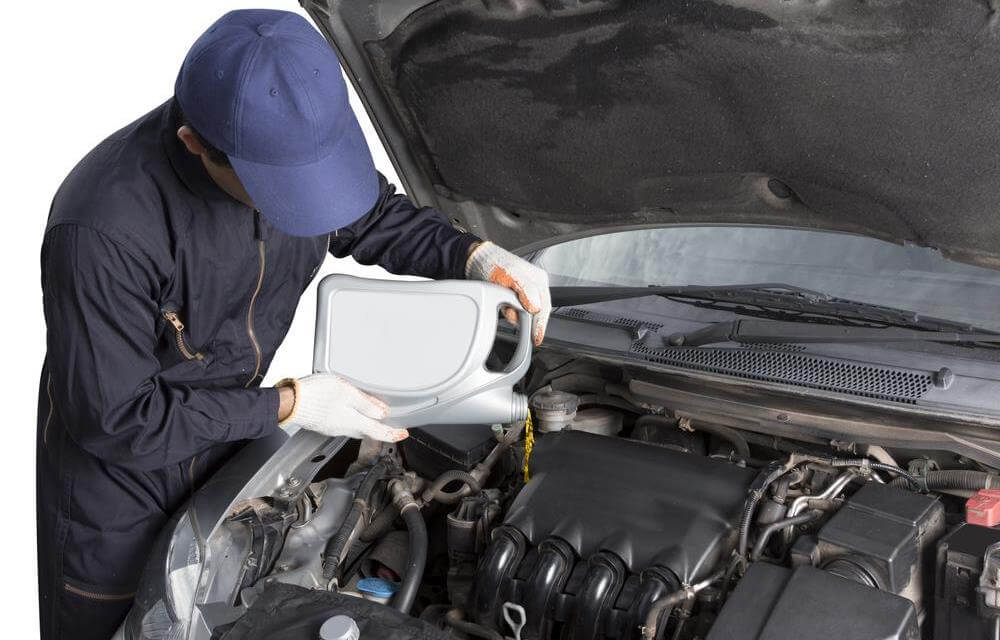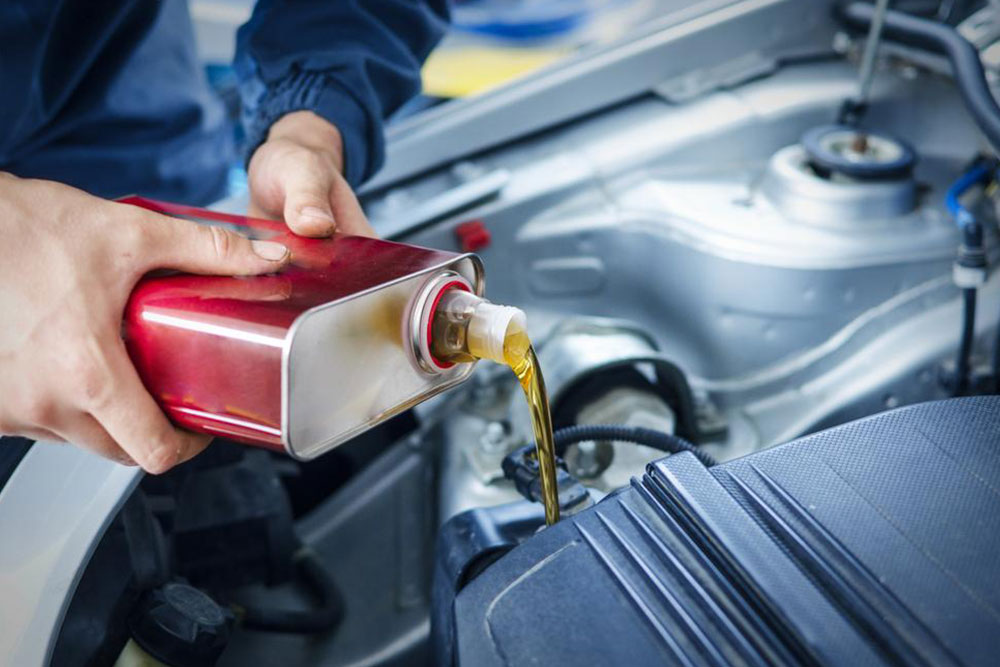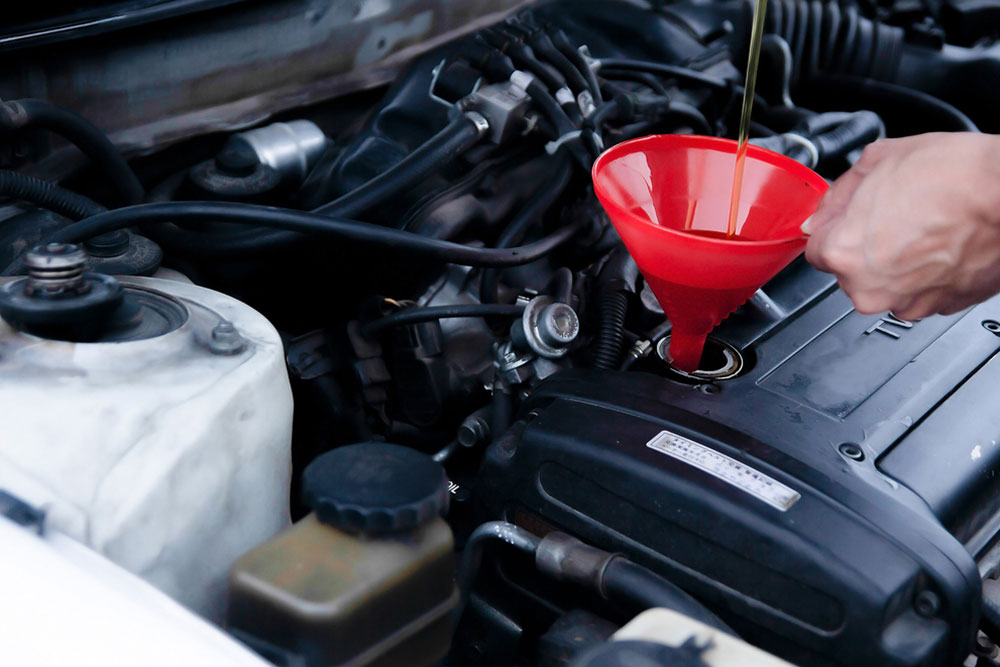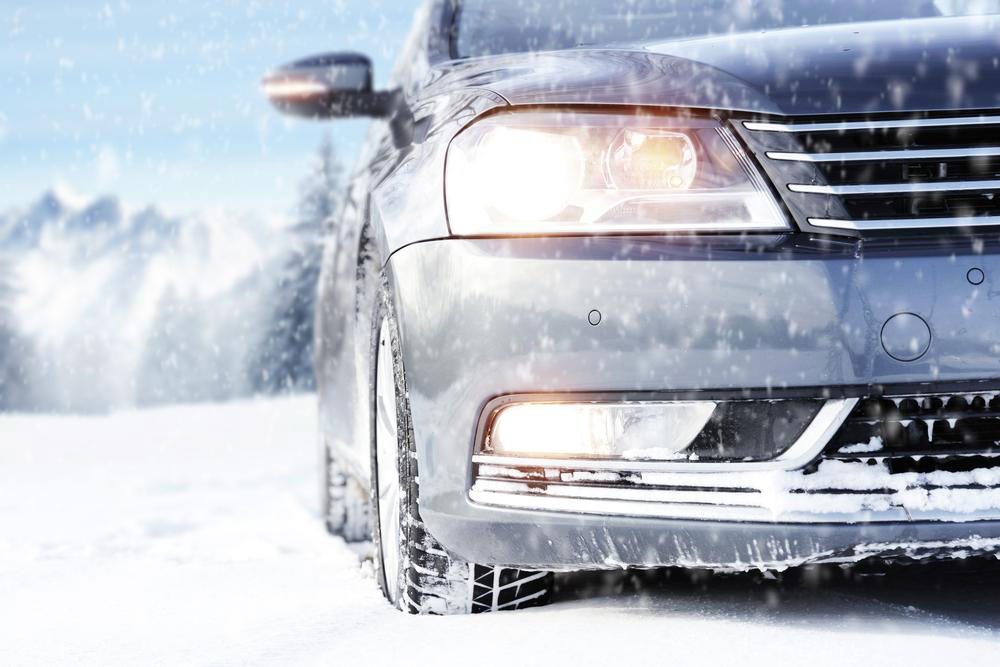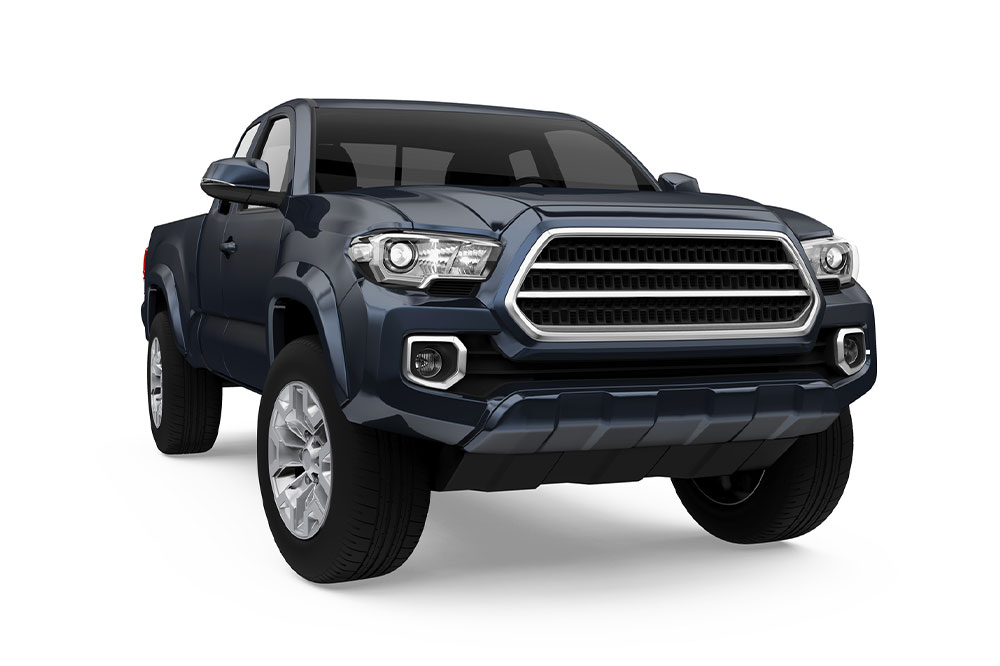Essential Lubrication Tips for Optimal Performance of Your 2000 Ford Explorer
Learn essential lubrication tips to keep your 2000 Ford Explorer running smoothly. Discover which parts need regular greasing, signs indicating lubrication is required, and how proper maintenance enhances vehicle performance and comfort. Stay proactive with simple DIY procedures and professional guidance for optimal results.

Essential Lubrication Tips for Optimal Performance of Your 2000 Ford Explorer
Hearing squealing noises from your vehicle can be distracting and concerning. Such sounds often originate from the suspension system, signaling potential issues. Common causes include low power-steering fluid or lack of lubrication in key components. Proper lubrication ensures smooth operation and reduces noise during turns and over bumps.
Where should you lubricate your 2000 Ford Explorer? If your vehicle starts making squeaky or groaning sounds, it's essential to inspect the ball joints, rotors, brake pads, drive shafts, and CV shafts. Regular lubrication of these parts helps maintain optimal function and comfort.
Role of Suspension Lubrication
The suspension system plays a crucial role in providing a comfortable ride by allowing the wheels to navigate uneven surfaces like bumps and potholes. It connects various parts of the vehicle through joints such as ball joints and U-joints, which require regular lubrication to function correctly. Proper greasing prevents squeaks, groans, and uneven ride quality.
Your mechanic can guide you to the correct jack points and recommend the right lubricants. Using a grease gun on the zerk fittings located at the tie rod ends, upper and lower ball joints, sway-bar links, and control-arm pivots is essential. Signs like rough suspension movement, squeaks when turning, or hitting bumps indicate lubrication is needed.
Ensuring these parts are well-lubricated keeps your Ford Explorer running smoothly and prolongs component life. Remember, regular maintenance is key to optimal vehicle performance.
Note:
This blog offers practical advice on vehicle maintenance, drawing from thorough research. However, information should not replace professional guidance or official manuals. We are not responsible for discrepancies or errors in data found elsewhere. Always consult with a certified mechanic for personalized maintenance tips.


